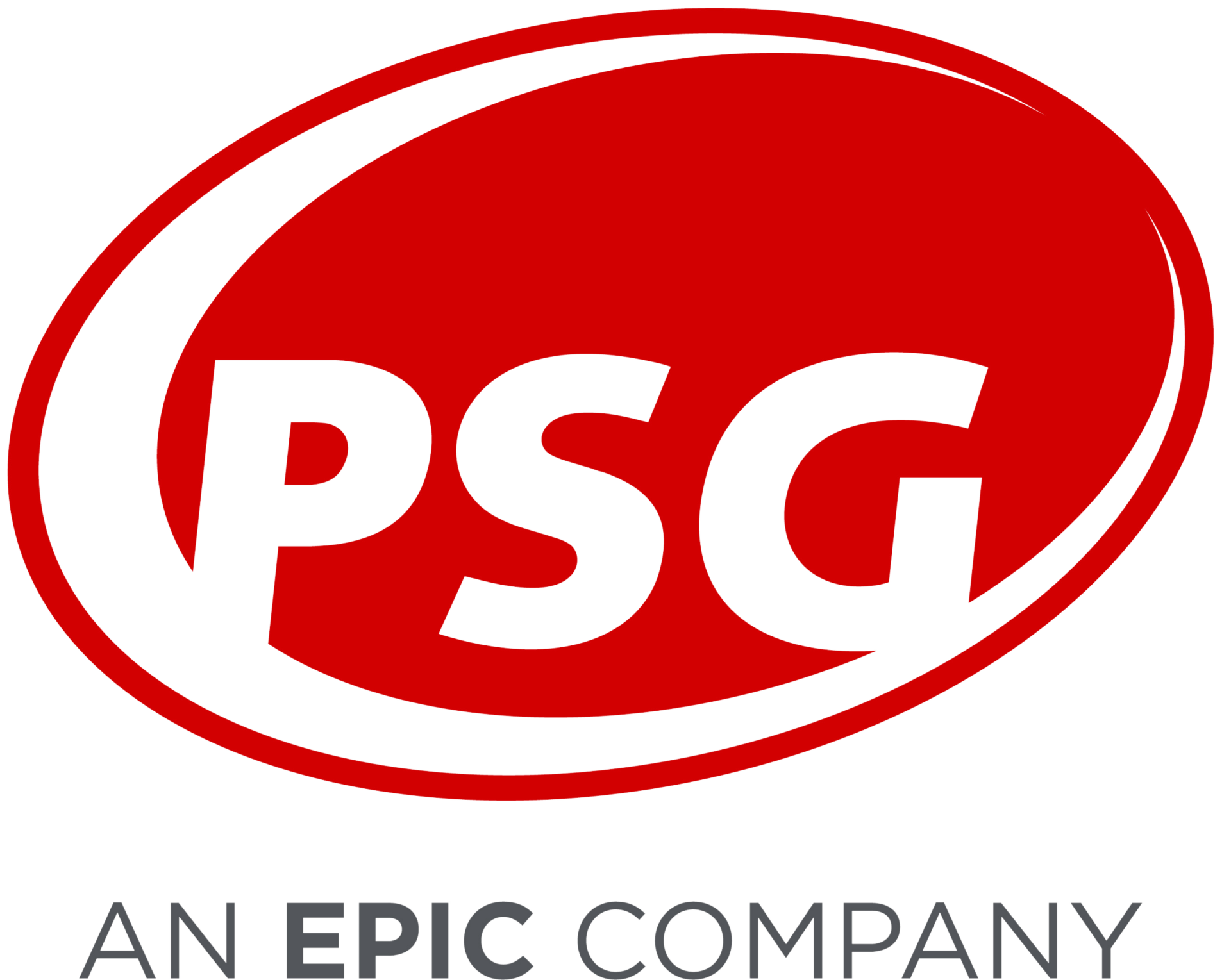2024 Formulary Changes: Express Scripts
Posted on December 6, 2023
Get the Full Analysis of the other Big 3 Formulary Changes:
Key Insights from the Express Scripts 2024 Formulary Changes
- Although the number of drug exclusions is similar to those made in 2022 and 2023, the number of specialty drugs impacted has more than doubled.
- Drug categories such as oncology, which formulary exclusions have rarely impacted in the past, will have five exclusions effective 1/1/2024.
- The exclusion of Levemir will have the most significant disruption. Of the members impacted by formulary changes, 46% are associated with this change to the insulin category.
- ESI is taking advantage of recently approved specialty generics by preferring teriflunomide, the lower-cost generic for Aubagio, a disease-modifying therapy for multiple sclerosis (MS). MS is a top spend drug category for many plans, so preferring the lower-cost generic should result in cost savings.
- ESI will also prefer lower-cost biosimilars in three categories, including the top spend inflammatory condition category. Although preferring biosimilars should drive cost savings in most categories, the inflammatory condition category may have less impact due to the continued preferred status of Humira.
Express Scripts released its formulary changes for the National Preferred Formulary (NPF) effective January 1, 2024. ESI is implementing 40 new exclusions, twenty of which are specialty drugs. Additionally, 8 products will have formulary tier changes. Most of these changes will be positive, moving drugs from an excluded or non-preferred status to the preferred tier. Based on these formulary changes we observed a slight decrease in the percentage of members impacted (0.24% in 2024 compared to 0.3% in 2023) but a higher financial impact based on total drug spend (1.19% in 2024 compared to 0.3% in 2023). This is likely due to the number of specialty drugs impacted. The following is an analysis based on PSG’s book of business data.
| National Preferred Formulary | |
| New Exclusions for January 2024 | 40 |
| Number of – Specialty Drugs | 20 |
| Drug Tier Increases * | 1 |
| Number of Tier Increases – Specialty Drugs | 0 |
| % Members Impacted | 0.24% |
| Total Drug Spend Impact | 1.19% |
Some of the more notable drug exclusions are highlighted below.
| Category | Notable Products to be Excluded* | Examples of Uses |
| Botulinum Toxins | Botox*, Xeomin* | Migraine headaches, muscle spasticity |
| Central Nervous System Stimulants | Qullichew ER, Quillivant XR | Attention Deficient Hyperactivity Disorder |
| Growth Hormone | Norditropin Flexpro* | Growth Hormone Deficiency |
| Inflammatory Conditions | Amjevita* (biosimilar to Humira) | Rheumatoid arthritis, plaque psoriasis, Crohn’s Disease |
| Diabetes – Insulin | Levemir | Diabetes |
| Oncology | Braftovi*, Ibrance*, Mektovi*, Yonsa*, | Various types of cancer |
*Denotes specialty drugs
Drug Exclusion Analysis
Note: “Percentages of impacted members”, referenced frequently in the categories below, is not a percentage of total members, but rather a category-based subset of the total members impacted by formulary changes.
Botulinum Toxins
Botulinum toxins treat a wide variety of neurological conditions, the most common of which is chronic migraine prevention. Botox (onabotulinumtoxinA) accounts for most of the botulinum toxin market share and is the only botulinum toxin product FDA-approved for the preventive treatment of chronic migraine. Botox and Xeomin are botulinum toxins being removed from the formulary. Myobloc (rimabotulinumtoxinB) and Dysport (abobotulinumtoxinA) will serve as alternatives. It is important to note these formulary alternatives are currently not FDA-approved for chronic migraine prevention; prescribers may choose to prescribe these alternatives off-label. Since these products are physician-administered and may be covered under the medical benefit, patients may seek coverage through this benefit channel. Additionally, there are other treatments available for migraine prevention that are alternatives to botulinum toxins, including CGRP inhibitors – Aimovig, Ajovy, Emgality, and Qulipta. We believe that changes in migraine treatments may be disruptive to members due to response variability. However, members currently using Botox and Xeomin will be allowed to remain on their respective medication until their existing prior authorization expires.
Central Nervous System Stimulants
This highly utilized and frequently impacted category includes medications to treat attention deficit and hyperactivity disorder (ADHD). Quillichew ER (methylphenidate) and Quillivant XR (methylphenidate) are being excluded due to their higher cost, and multiple, lower-cost extended-release generic methylphenidate products, in a wide range of dosing options, will remain as preferred drugs on the formulary. Out of the members impacted by all the formulary changes, approximately 7% are associated with the exclusion of these stimulants.
Growth Hormone
Growth hormone products are most commonly used in children and adolescents who may fail to achieve adult-predicted height due to growth hormone deficiency. There are several, clinically-similar growth hormone products which provide opportunities for PBMs to narrow their formulary drug selection. As such, this category is commonly impacted by formulary changes, with alternating preferred products from year to year. Genotropin (somatropin) and Omnitrope (somatropin) will serve as the preferred alternatives to Norditropin Flexpro (somatropin). Although minimal clinical differentiation exists among these products, preferences and familiarity with their unique delivery devices will likely require communication and education among members and their providers.
Inflammatory Conditions
This category includes Humira (adalimumab), a top-selling drug in the U.S. which experienced the entry of biosimilars in 2023. To date, there are nine FDA-approved Humira biosimilars available in the market. Like other PBMs, ESI added Amjevita (adalimumab-atto), the first Humira biosimilar to launch, to its formulary in 2023. Now that additional Humira biosimilars are available, ESI will remove Amjevita and prefer three biosimilars, adalimumab-adaz, Cyltezo (adalimumab-adbm), and Hyrimoz (adalimumab-.adaz. Brand Humira will remain in a preferred position with the biosimilars at parity, meaning no preference will be given for Humira or the biosimilars. Consequently, member disruption and biosimilar uptake will likely be minimal in 2024. However, with continued competition driving down costs, the impact of Humira biosimilars on savings for both plans and members is expected to grow over the coming years.
Diabetes – Insulin
The diabetes category is commonly impacted by formulary changes. This year, ESI will remove Levemir (insulin detemir), a long-acting insulin product, and instead prefer Semglee (YFGN – insulin glargine) which is a biosimilar insulin. ESI will also prefer two other long-acting insulin products, Toujeo (insulin glargine) and Tresiba (insulin degludec). Out of the members impacted by formulary changes, 46% are associated with this change. Although these long-acting insulins are clinically similar, variations and members’ preferences with the insulin delivery devices as well as the potential need to adjust the dose of insulin when switching will likely be disruptive. It will be important to require member education and provider communication.
Oncology
Historically, drug exclusions in the oncology category have been rare. However, with the approval of generics and lower-costalternatives, such changes are becoming more common. Four oncology drugs will be excluded from the formulary. However, only members new to therapy will be impacted, and those currently receiving treatment will be able to continue therapy uninterrupted. The table below identifies the excluded drugs, their alternatives, and uses.
| Excluded Agents | Preferred Alternatives | Uses |
| Braftovi | Tafinlar, Zelboraf | Metastatic melanoma, colorectal cancer, non-small cell lung cancer, thyroid cancer |
| Ibrance | Kisqali, Verzenio | Breast cancer |
| Mektovi | Cotellic, Mekinist | Metastatic melanoma, colorectal cancer, non-small cell lung cancer, thyroid cancer |
| Yonsa | Generic abiraterone, Xtandi | Prostate cancer |
Multi-Source Brand Exclusions
Seven multi-source brand drugs with generic equivalents will be removed from the formulary, and their corresponding generic equivalents will be preferred. Two products representing the most significant savings impact to both patients and the plans are highlighted below.
- Aubagio (teriflunomide) is an oral treatment for relapsing forms of multiple sclerosis and is now available generically. For many plans, the multiple sclerosis category is one of the top spend specialty categories. Teriflunomide, along with other lower cost generic alternatives, should offer savings opportunities for both members and plans.
- Latuda (lurasidone) is indicated for the treatment of bipolar depression, major depressive disorder, and schizophrenia, and will be excluded from the formulary. Lurasidone, Latuda’s generic equivalent, will be the preferred alternative.
Need help navigating 2024 formulary changes? PSG has the unbiased clinical and market expertise you need, contact us today to learn more.
"*" indicates required fields

